Mental health and Drug abuse continue to pose a significant threat to people, families, and communities worldwide. The consequences of drug abuse are far-reaching, leading to deteriorating health, broken relationships, and a loss of productivity. In order to raise essential awareness about the devastating effects of drug abuse, every year June 26 is celebrated as the International Day Against Drug Abuse or World Drug Day.
Dealing with substance addiction can be pretty tough and can make your life disastrous.
Connection Between Mental Health And Substance Abuse
Dealing with alcoholism, drug addiction or substance abuse has never been easy and when you are coping with mental health issues, it gets even worse. Mental health issues increase with drug or alcohol abuse.
According to an American report.
- 50 percent of youth with mental issues are affected by substance addiction.
- 53 percent of drug abusers along with 37 percent of alcohol abusers are said to suffer from one severe mental illness.
- Of all the mentally ill people, 29 percent of folks abuse drugs or alcohol.
Mental health disorders and substance abuse are closely linked, although one isn’t necessarily responsible for the other. Abusing substances like methamphetamine or marijuana can lead to prolonged psychotic activity, while alcohol can lead to anxiety and depression. Usually, drugs and alcohol are used to self-medicate, and to get rid of the undiagnosed mental disorder, to enhance their mood, or to deal with difficult emotions. Unfortunately, it comes with some worse side effects. Opioid painkiller users are at higher risk for depression and heavy cannabis users are at a higher risk for schizophrenia.
Alcohol and drug abuse can increase the underlying risk for mental disorders. The environment, genetics’s interplay, and some other factors are also responsible for mental health issues. If you have a certain mental health problem, then abusing drugs and alcohol must be strictly avoided.
Some Common Symptoms of Substance Addiction
Abused substances include medications (like ADHD medications, sedatives, and opioid painkillers), recreational drugs (like methamphetamines, cocaine, and marijuana), and alcohol. If your drug use or drinking is causing issues in your life, then you might be dealing with a substance addiction. Some precautionary signs are listed below.
- When you feel an urge to cut down on your substance use
- When you need to use heavy quantities of the substance to enhance your outlook or mood.
- When you have tried to cut back but you failed
- When you lie about your drug intake.
- When you feel ashamed or bad about your drug abuse.
- When your drug or alcohol use is causing trouble at school, work, or in your relationships.
- When your drug or alcohol has caused any trouble to the law.
Common Signs And Symptoms Of Co-Occurring Disorders
Here are some common signs and symptoms of co-occurring disorders like anxiety disorders, depression, and bipolar disorder mentioned below.
Depression
- Change in appetite
- Issues with concentration
- Insomnia
- Lack of energy
- Ceaseless boredom
- The inability to feel pleasure
- Feelings of guilt, despair, and hopelessness
- Physical pain and rage
Anxiety
- Insomnia
- Dizziness and nausea
- Headaches
- Short breaths and increased heartbeat
- Constant restlessness and worry
Bipolar disorder
- Rage
- Lack of sleep
- Impulsivity
- Compulsive thoughts
- Unrealistic beliefs
- Euphoria
- Increased energy levels
Treatment
After witnessing the common symptoms, it’s crucial to seek immediate medical support for the dual diagnosis at a reputable alcohol rehab California. The treatment for mental health issues may include solo or group counseling, lifestyle changes, medications, and family support. The treatment for substance addiction may include behavioral therapy, detoxification, withdrawal symptoms management, and support groups.
Things To Consider
- Get enough sleep
- Start your day with a healthy breakfast and get enough fats
- Practice mindfulness meditation and deep breathing
- Try aerobic exercises
- Meet with new people and maintain new relationships
- Get involved in a support group and express yourself
- Learn to manage stress and unpleasant feelings
- Learn to deal with the triggers
- Try developing new hobbies, this might make your life much more fulfilling
Conclusion
When it comes to drug abuse and mental issues, it’s vital to educate yourself about the dual diagnosis and the ways to cope with it. By being patient, setting boundaries, and seeking support, you can help yourself or a loved one to easily tackle this issue.
